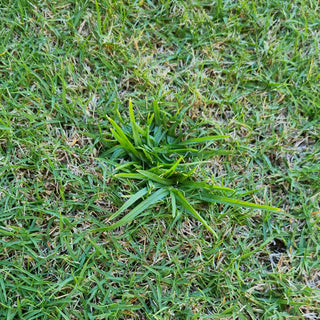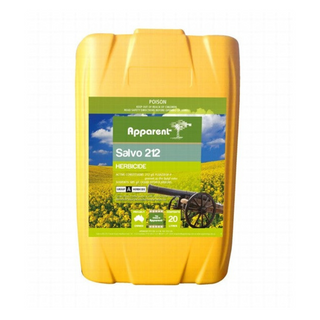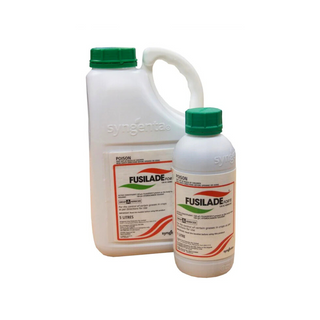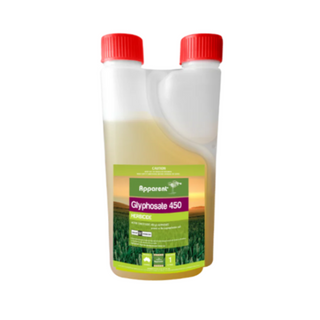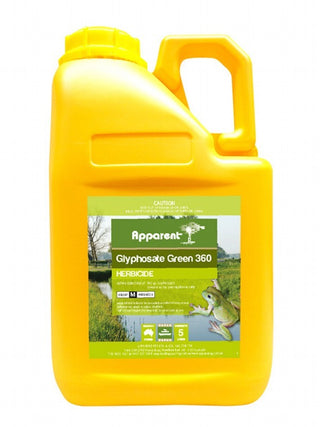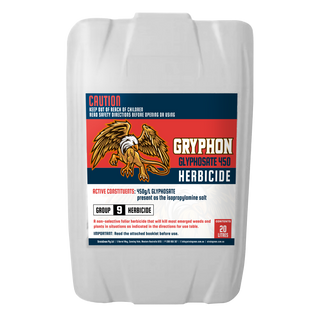Botanical name: Cenchrus clandestinus
Common Names
Kikuyu, Whittet, Noonan
The taxonomy of kikuyu has been changed from Pennisetum clandestinum to Cenchrus clandestinus.
Kikuyu is a prostrate perennial grass, which may form a loose sward up to ~50cm high when ungrazed, but becomes a dense turf when grazed. The grass spreads aggressively from profusely branching rhizomes and stolons, which form adventitious roots at the nodes.
Short leafy branches are produced from the stolons. Leaves expand to 50–100mm long and 6mm wide (Figure 1). The leaf surface has sparse soft hairs.
The small flower on the variety know as Whittet consists of a cluster of 2–4 short (1.5–2.0mm) spikelets, partly enclosed in the uppermost leaf sheath. Each spikelet has up to 15 delicate bristles up to 1.5mm long and two florets. The older common variety does not produce viable seed and does not flower.
The varieties are common kikuyu (vegetative propagation), Whittet and Noonan (from seed or vegetatively).
Kikuyu is unlikely to grow where the ‘classic’ indicator species for saltland are growing (sea barleygrass, marine or saltwater couch, water buttons) – the levels of salinity and/or waterlogging will exceed the tolerance of kikuyu. The classic indicator species are likely to be towards the centre of a saline site where the salinity levels are typically highest, and the land suitable for kikuyu will tend to be towards the edges of the saline site and in the surrounding non-saline areas.
Kikuyu is likely to perform well where the indicator species barley grass, annual ryegrass or windmill grass (a native, warm season grass) are growing. These indicator species are quite widespread in mildly saline and non-saline environments, and should be considered as weak indicators unless they are specifically located around the margins of more saline land.
SIMILAR SPECIES
Couch grass
SCENARIOS AND SOLUTIONS:
- In garden beds: use Fusilade and Apparent Salvo.
- In other lawns: use a small paint brush to brush the leaves with Apparent Glyphosate.
References:
https://weeds.brisbane.qld.gov.au/weeds/kikuyu
https://www.agric.wa.gov.au/soil-salinity/kikuyu-cenchrus-clandestinus-dryland-salinity-management


